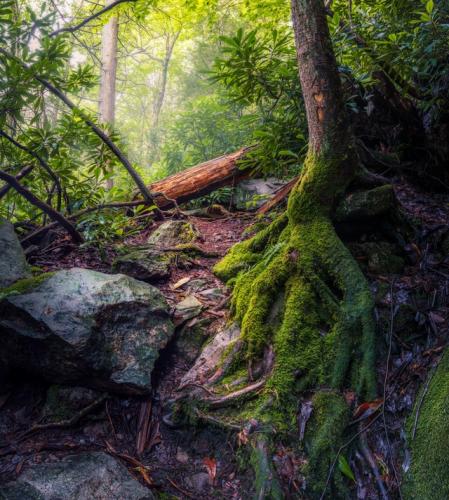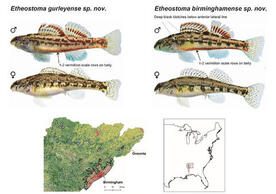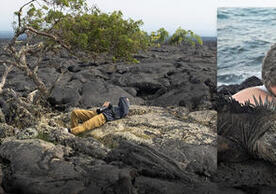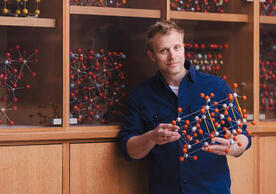
What can our current high-tech economy learn from nature’s evolution over the past 3.8 billion years? Os Schmitz, YIBS Director, writes about a nature-inspired self-sustaining circular economy in this new Scientific American blog post.
“Nature teaches us that the key to sustainability is to create a circular economy that ensures spent resources are easily returned to the pool of available resources to support future production. To keep pace with future demand, products must be rapidly and efficiently taken apart to extract their constituent parts. In nature, species, especially animals, do this by turning materials into forms of production and residues that are easily decomposed and recycled.”
***
Oswald J. Schmitz is the Oastler Professor of Population and Community Ecology in the School of Forestry and Environmental Studies at Yale University. He is author of the new book “The New Ecology: Rethinking a Science for the Anthropocene”



